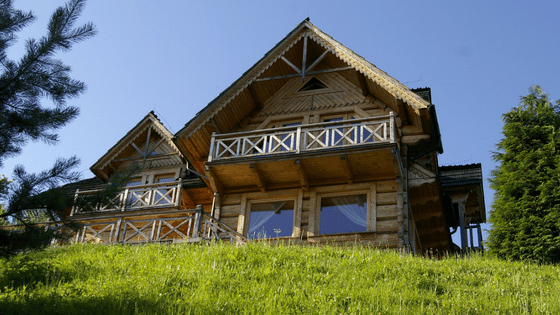So, you’ve been planning to purchase a house and lot after working so hard as an Overseas Filipino Worker (OFW)? Congratulations!
It’s not surprising there is a growing number of Filipino households who plan to invest in real estate. Whether you plan to occupy the unit upon retirement or as rental property, having a comfortable place to live is a top priority especially for many OFWs.
A few of years ago, my wife and I bought a house and lot in Cavite. It is a two storey unit with two bedrooms. Because the house is close to the university, our kids don’t have to stay in the dormitory or rent a house when they study in college.
Buying a home can be a great decision if you plan ahead. But before you acquire a new home, you need to consider some practical tips to avoid regret or any form of hassle in the future.
The type of property and its location
The first step is to check the location and the type of the prospect unit. Is it close to school or hospital? Is the place too noisy or near the highway and manufacturing companies? Do you intend to live close to the malls or you want more private? Do you prefer your home near the school and workplace?
Determine the type of home best suits your need. Do you have a big family that might need two to four bedrooms? If you are you single, is one or two bedroom enough?
Consider the monthly amortization
Aside from the reservation fee and down payment, consider the price range of monthly amortization. Make an honest financial assessment to ensure you can afford to pay the installment for a long-term period.
Because you are working as an OFW and your job may not be permanent, its essential to determine the cash flow and possible alternatives supposed you failed to meet certain financial obligations.
Explore other financing options
You may explore available financing institutions and try to compare the interest rates. However, financing your home purchase generally falls under these three categories: in-house financing, Home Development Mutual Fund (or also known as PAG-IBIG), and bank financing.
Prepare the documents such as pay slip, employment certificate, application for a loan and special power of attorney (SPA) if you are entrusting someone like a relative to process the papers on your behalf.
Good track record of the developer
To avoid future problems, you might want to check the reputation of the developer. Should they deliver what they promise? Are they known for making quality housing units and not using substandard materials?
Home inspection is important before the developer has turned over the unit to you as a buyer. For instance, there might be a leaky faucet or stuck window that needs repair. In addition, its important to deal with license real estate agent to ensure the transaction is credible.
Not paying on time
Failing to pay the amortization on time incurs additional penalty unlike investing in paper asset like mutual funds and stock market. Unfortunately, it can be an additional burden if not being addressed ahead of time.
Therefore, you need to clarify the “grace period” of payment suppose you can’t afford paying on time.
Unable to continue the payments
This is not to discourage you but we’ve heard a sizable number of OFWs who are struggling to pay the amortization because of a job loss and other related emergencies. When you stopped making payments for months, ask if it is possible to restructure the payments to avoid foreclosed property.
What would happen if you cannot really continue the payments? The Maceda law or the Realty Installment Buyer Protection Act provides protection to people who can’t continue with their payments. Buyers are entitled to a refund, so long as they have paid for at least two years.
Find a trusted person who will take care of your investment
Because you are not residing in the Philippines, it is worth to find someone who will maintain the unit. A house caretaker could be a relative who will ensure the grass is being cut regularly, find out if there is a pipe leakage and handle any repairs.
If there are tenants or someone is renting your house, like our unit in the Philippines, a caretaker can remind occupants to be more responsible in paying association dues, electricity bills and garbage collection cost. Being an OFW, I have seen the value of having a trusted person who will take care of property while I am out of the country.
Final thoughts
I remember I got so excited when our agent has shown us the model unit and the amenities like the swimming pool and club house during the tour on site. I’ve found out later that I have to pay extra fees like the fire insurance and dues for homeowners association.
In a nutshell, be sure to buy a property only after you’ve done extensive research. Because investing in real estate entails responsibility and long-term commitment, financial planning is essential so you will have a worry-free real estate transaction.
By wisdom a house is built, and through understanding it is established. –Proverbs 24:3, NIV
